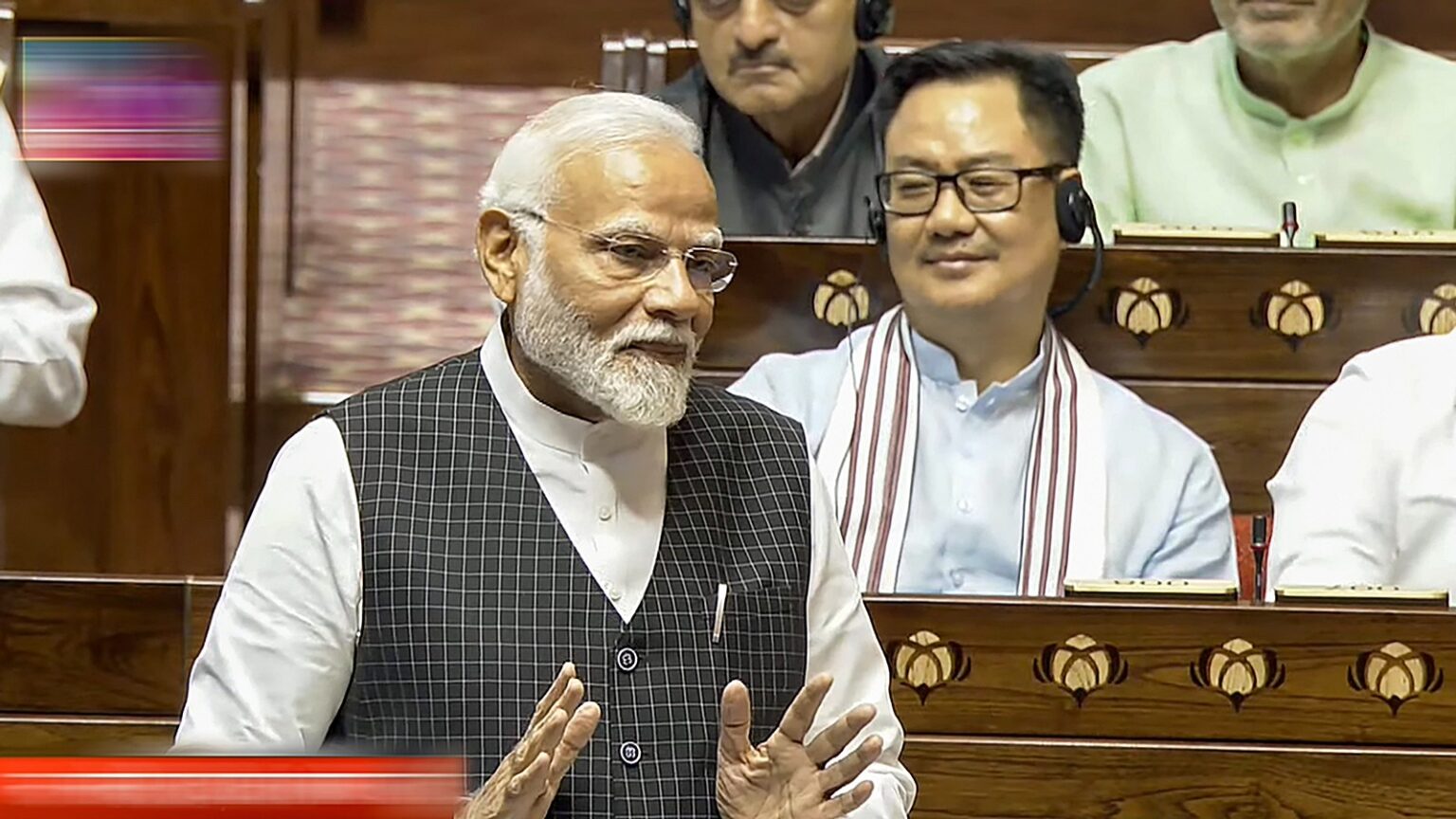Drama Unfolds in Indian Parliament: Modi Criticizes Opposition Amid Walkout
In a high-stakes session of the Rajya Sabha on July 3, 2024, Prime Minister Narendra Modi sharply criticized Opposition parties after they walked out during his response to the Motion of Thanks on the President’s Address. Modi accused the Congress-led INDIA bloc of avoiding the truth by staging the walkout when Leader of the Opposition Mallikarjun Kharge was restricted from speaking during his address.
"This walkout is not just a disrespect to the Constitution; it shows that they (the Opposition) cannot bear to hear the truth," Modi remarked. Rajya Sabha Chairman Jagdeep Dhankhar condemned the walkout as an affront to democratic principles. Following the walkout, the House completed the Motion of Thanks and was adjourned sine die.
Outside the Parliament, Kharge lambasted Modi for allegedly spreading misinformation during his speech. "We walked out because the PM was telling untruths about our stance on the Constitution," said Kharge. He accused Modi of habitually lying and reminded the audience that it was the Rashtriya Swayamsevak Sangh (RSS) that historically opposed the Constitution, even burning effigies of its drafters, BR Ambedkar and Pandit Nehru.
Amid this heated exchange, Modi raised the issue of a recent flogging incident in Bengal, criticizing the Opposition for, as he claimed, selectively addressing atrocities against women. "I witnessed a disturbing video of a woman being beaten in Bengal, but where are the so-called progressive leaders now? Their silence speaks volumes," Modi stated, referring to the Bengal incident for which no condemnation had been made by the Opposition.
This session also marked the debut of Rahul Gandhi as the Leader of Opposition (LoP) in Lok Sabha. Gandhi used his inaugural speech to accuse the government of fostering an atmosphere of fear and spreading violence in the name of Hinduism. He touched upon sensitive topics such as the Manipur crisis and the economic fallout of demonetization, suggesting that these issues had significantly impacted Indian citizens.
However, Gandhi also conveyed a collaborative tone by ending his nearly two-hour speech with an offer to work together with Modi’s government in the national interest. Despite the initial combative tone, his call for unity was seen as a strategic move to project the Opposition’s willingness to cooperate on crucial national matters.
Prime Minister Modi, however, did not let Gandhi’s speech go unchallenged. He retorted sternly when Gandhi suggested that Hindus are inherently violent. "This is a serious accusation against an entire community," Modi said, while Union Home Minister Amit Shah demanded an apology from the Congress leader, escalating the tension further.
This session underscores the ongoing political friction in India, as the Modi government and the Opposition continue to clash over critical issues. With each party laying down its vision and criticisms, the Parliament serves as a vivid battleground for Indian democracy.
For more updates and details on parliamentary sessions, visit Parliament of India.
© NewsIndiaParliament
